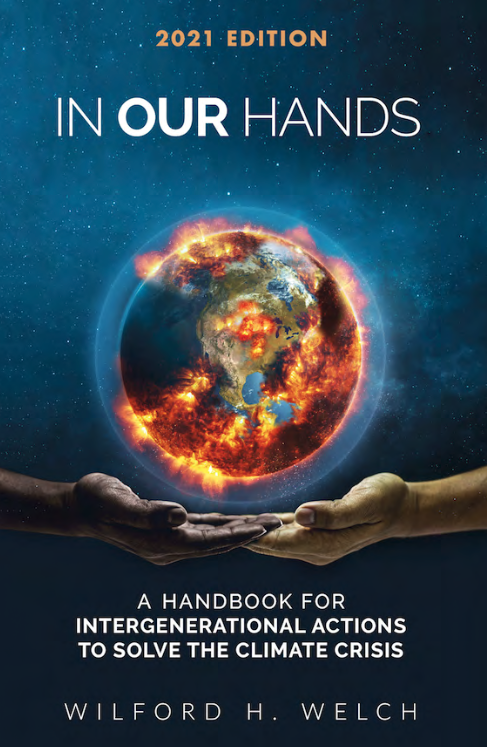I found the New York Times’ Sunday magazine article on August 1, 2018 deeply disturbing - but not surprising. It spelled out how the world ignored the scientific consensus reached between 1979 and 1989 that we had to curb the use of fossil fuels or face the following consequences which I summarize below:
If, by a miracle, we were able to limit global warming by 2 degrees centigrade above pre-industrial levels, the sea would rise several meters and the Persian Gulf would have to be abandoned.
If limited to only 3 degrees, most coastal cities around the world would be lost.
If limited to 4 degrees, Europe would be in permanent drought, vast areas of China, India and Bangladesh would be claimed by desert, the Colorado river would be down to a trickle and the American Southwest would become largely uninhabitable.
If global warming ever reached 5 degrees above preindustrial levels, it would possibly result in the end of humanity.
Wouldn’t you think such news would have galvanized all of humanity then—and certainly by now—to take action to save itself?
Cleary this did not happen. And here we are today, still arguing over whether global warming and climate change exist and not coming close to doing enough to keep global warming under 3 degrees. United National Secretary General Antonio Guterres stated on September 10, 2018 that “Climate change is the defining issue of our time …. and that country targets so far would achieve only one-third of the global target”.
What’s going on?
For starters, emotions rather than scientific facts or logic drive more than 80% of decision making. That’s a general explanation. For a deeper dive into what might be affecting our decision making on this issue, I have found Per Espen Stoknes’ book What We Think About When We Try Not To Think About Global Warming a remarkable assessment. If this topic perks your interest, I urge you to buy the book and make up your own mind - based hopefully on logic rather than on your emotions.
Here is the link to the New York Times magazine article:
www.nytimes.com/interactive/2018/08/01/magazine/climate-change-losing-earth
